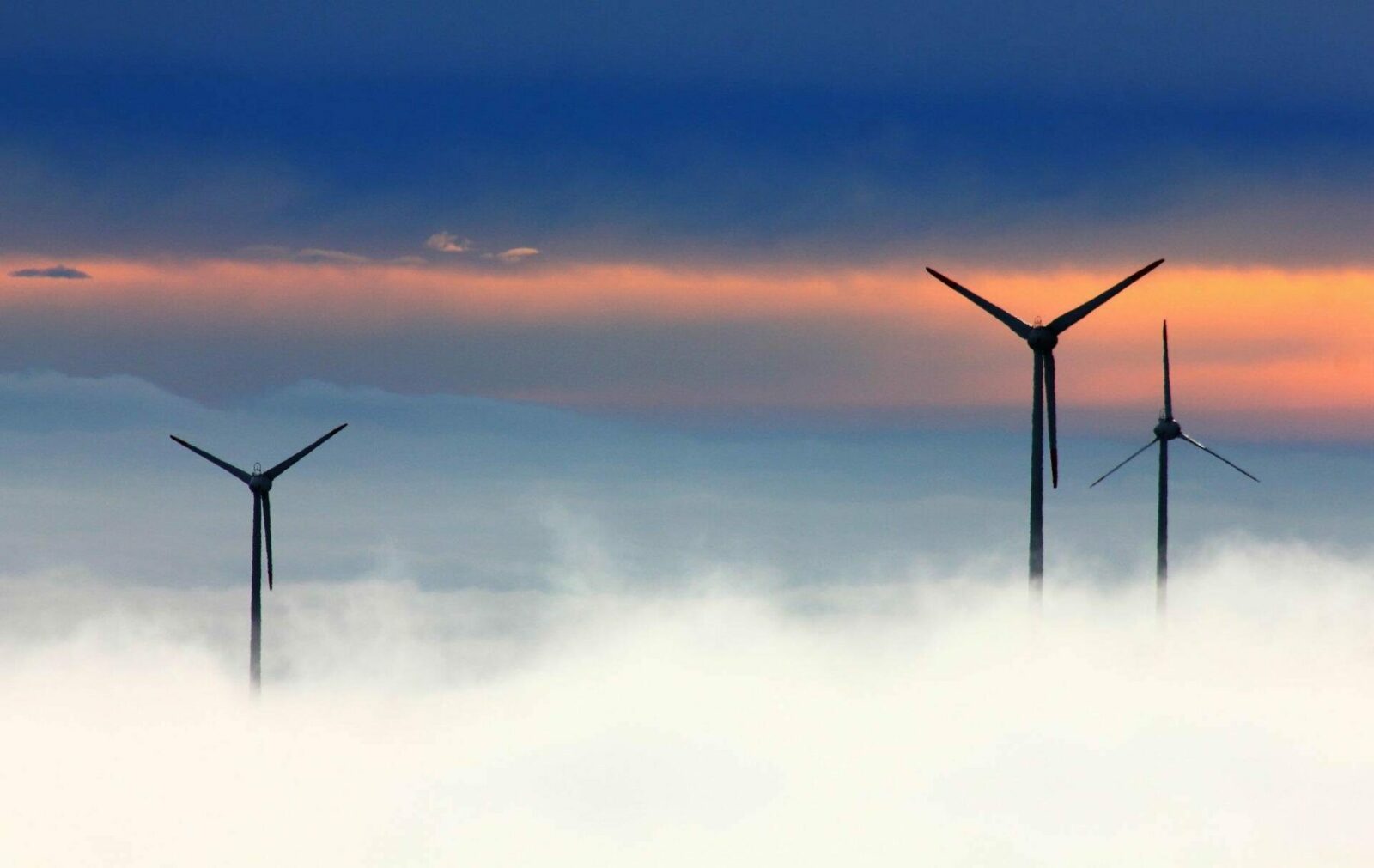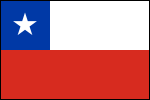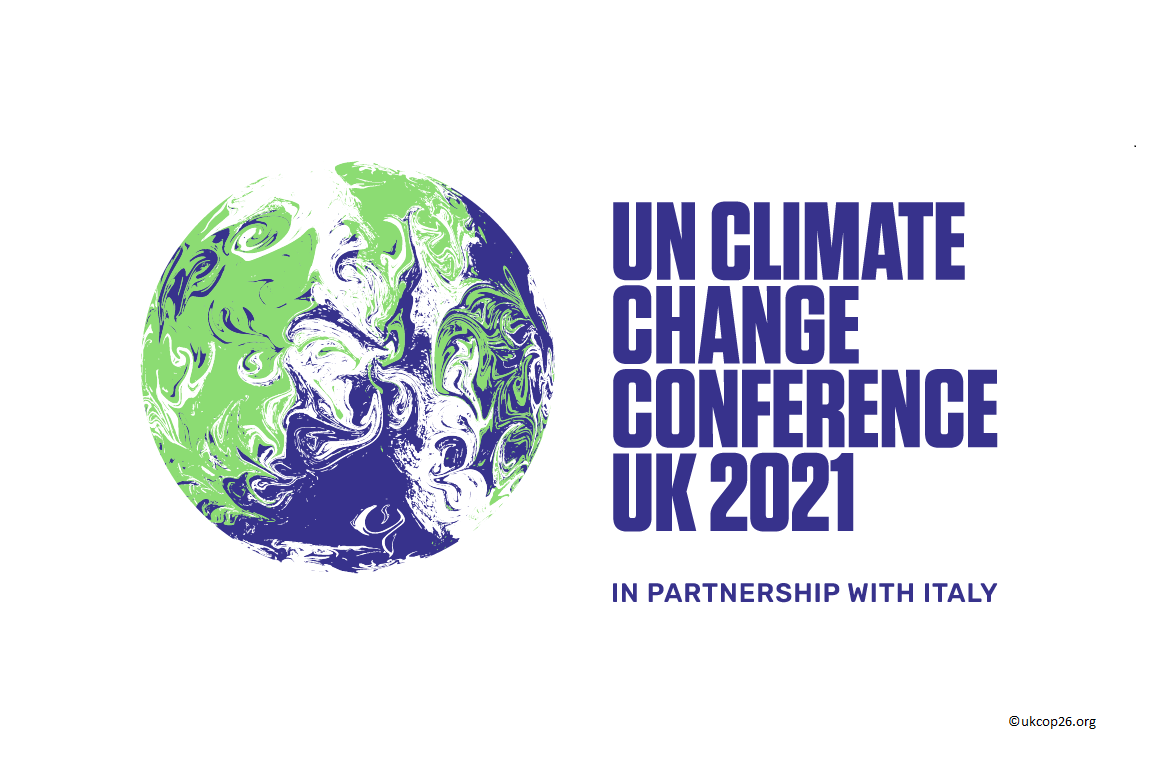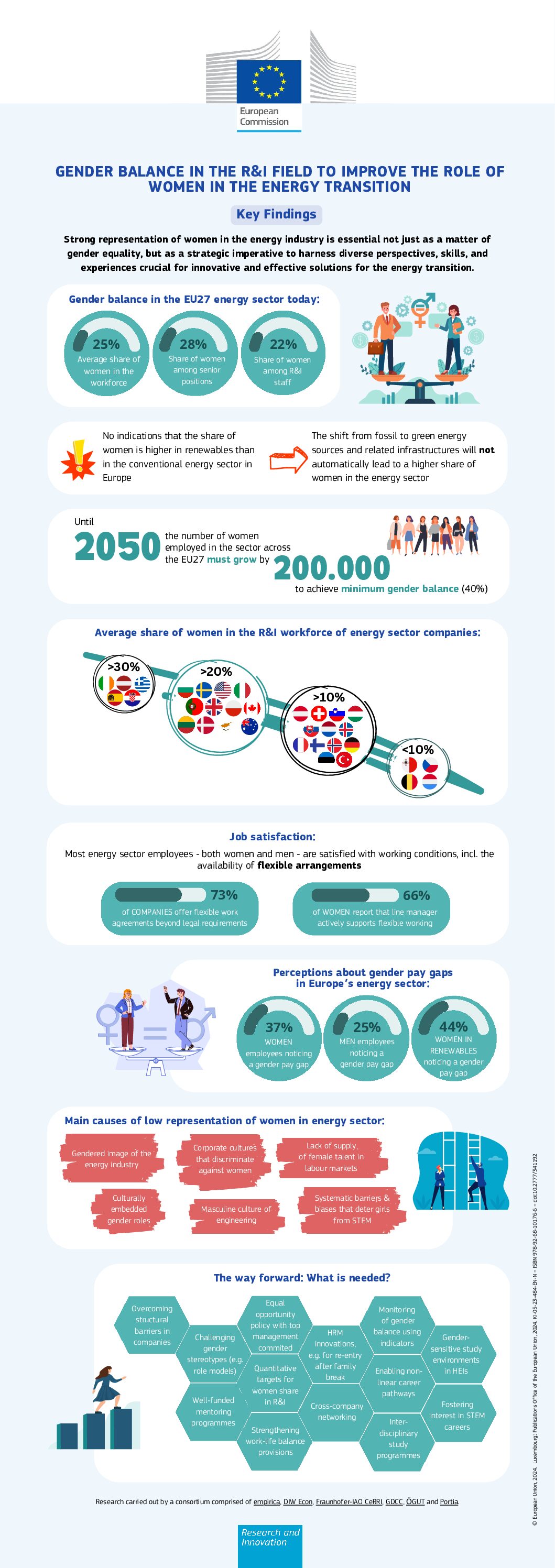
While our 12 member countries are steadily putting in a lot of work and energy in their contribution to the Equality Initiative, the governments are also constantly working on gender equality and advancing women’s representation in the energy sector as well as STEM fields. In this post (part #1), we focus on the domestic and international activities of four of our members – Australia, Austria, Canada, and Chile. Read to find out more about their inspiring work.
 Australia
Australia
The Australian Government wants to know how many people work in the energy sector. The Australian Energy Employment Report (AAER) will improve the government and industry understanding of jobs in the energy sector and the people in those jobs and their skills. The AAER will be Australia’s first national energy workforce survey. Find out more about it here.
 Austria
Austria
Austria, as part of the Initiative, has organized a breakfast event series to promote women’s participation in the energy sector. The first Austrian Energy Breakfast, with a total of about 70 participants took place in November 2020. It was aimed at female students from technical fields of study. Read more about it here.
The Initiative’s Austrian Ambassadors, representatives of the Ministry and the Vienna University of Technology, participated in this event as role models for female students and encouraged them to follow their passion in the energy industry. Another example is The Girls Pioneer Event. This event was organized by the Austrian Energy Agency for the BMK, with almost 110 participants. The objective was to introduce high school girls to the climate, energy, research, and innovation sectors. The event especially demonstrated to young girls what a career in the energy sector has in store for them and what paths are open to them.
The third example is the FEMtech initiative Austria https://femtech.at which directly supports women in research and technology and creates equal opportunities for women in industrial and non-university research. The FEMtech Experts Database includes more than 2000 female experts from over 130 fields. Moreover, the FEMtech Expert of the Month award has been in existence since 2005. Find out more about it here.
The Austrian Energy Agency conducted a study on hashtags used on Twitter amongst the initiatives or actors promoting equality in the energy sector. Their list of noteworthy female players within the #energytwitter bubble can be found here.
In order to get young people, especially girls, excited about career paths in the sustainable energy sector, the Federal Ministry Republic of Austria for Climate Action, Environment, Energy, Mobility, Innovation and Technology supports Austrian companies, universities and research institutions that offer internships for young people from 15 (“Talent Internships-Program“). In 2022, the focus of fundings will be on internships in the field of energy transition. Find out if the topics you are interested in are funded here.
 Canada
Canada
Canada’s involvement in the Equality Initiative becomes most visible in their leadership of Workstream 3 and Workstream 5, as well as in their efforts to advance the participation of Women in Energy. Canada leads the Awards Program under the Equality Initiative, and recently launched the third awards season in collaboration with WiRE. To learn more about the awards and submit your application visit: Awards Program – Equality in Energy Transitions (equality-energytransitions.org)
Canada also leads the Equal by 30 Campaign, a global effort to advance equal pay, equal leadership, and equal opportunities in energy. To date, the campaign has reached over 180 signatories worldwide. Learn more here.
In addition, Canada is chairing the newly launched IEA Gender Advisory Council, an advisory group of governments established to provide guidance on the IEA’s efforts to promote gender diversity in the energy sector. At COP26, Canada signed on to the Gender and Energy Compact to accelerate efforts to enhance gender equality and women’s empowerment to achieve a just and inclusive energy transition. Furthermore, the Government of Canada launched the 50-30 Challenge, a multi-sector initiative to encourage and assist Canadian organizations to increase the representation and inclusion of diverse groups within their workplace. Besides, Natural Resources Canada conducted an internal work on EDI to make the workplace more diverse and equitable. Each sector developed an action plan, to ensure policies and programs are inclusive and free of systemic barriers and increase representation of marginalized groups.
 Chile
Chile
Chile is strongly committed to the “Energy + Woman” Public Private Plan and its roadmap till 2030. The roadmap started in October 2016 and has already published 6 yearbooks with updated progress and challenges. It consists of five phases; the last phase will be continuous improvements after 2030. The “Energía + Mujer” public-private partnership was launched to help understand the barriers women face in pursuing a career in the energy sector. It focuses on structural changes: equal pay, equity in management positions and quantitative and qualitative assessments. Find out more about Chiles’ projects on their other social media channels: LinkedIn and Instagram.
Stay tuned for part #2!

 Australia
Australia Austria
Austria Canada
Canada Chile
Chile


